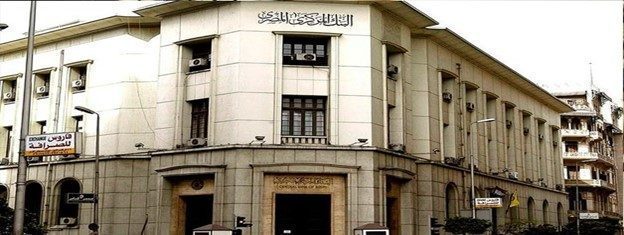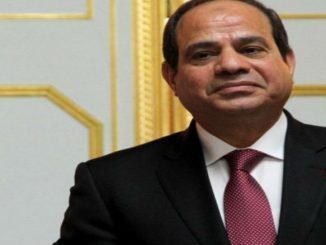
The Central Bank of Egypt (CBE) on Thursday raised overnight interest rates by 100 basis points in a surprise move, saying it sought to contain inflationary pressures and anchor inflation expectations.
The lending rate was increased to 20.25% and the deposit rate to 19.25%, the bank’s Monetary Policy Committee said in a statement, reported Reuters.
Fifteen of 16 analysts polled by Reuters this week had expected the bank to leave rates unchanged, with the other expecting a 100 bps increase.
“The MPC judges that inflation rates are likely to peak in the second half of 2023 before beginning a disinflation path towards the CBE’s preannounced targets afterwards, supported by the cumulative monetary policy tightening to date,” the statement said.
Annual urban inflation accelerated to an all-time high of 35.7% in June from 32.7% in May.
“Tackling inflation seems to be the top priority for the CBE. Our preliminary estimates indicate urban CPI to have increased to 36.1% in July,” Allen Sandeep, of Naeem Brokerage, said.
The central bank has been targeting inflation of 5% to 9% by by the final quarter of 2023 and 3% to 7% by the end of 2026.
A surprising move
The central bank’s move to raise interest rates by 100 basis points was surprising. But, will this surprising and unexpected move succeed to curb inflation?
Not only fifteen of 16 analysts polled by Reuters this week had expected the bank to leave rates unchanged, all but one of 11 economists surveyed by Bloomberg before the central bank’s decision predicted the Monetary Policy Committee would leave its benchmark at 18.25% for a third straight meeting on Thursday.
“Although Egypt’s central bank is unlikely to raise the headline policy rates, we believe that it will consider raising the reserve requirement ratio,” said Gergely Urmossy, an emerging market strategist at Societe Generale in London. “But eventually an outright policy rate hike will be inevitable, in the same way that the pound’s devaluation is.”
The central bank has a choice of options since it seemingly “prefers to rather use other policy instruments than raise corridor rates to tame liquidity,” Cairo-based Naeem Brokerage said in a note this week. It cited the regulator’s absorption of 226 billion Egyptian pounds ($7.3 billion) of excess liquidity from banks in July via a range of tools.
The central bank said after June’s rate decision that it was open to using such steps to ensure “a tight monetary stance” and meet its inflation target of 5%-9% by the final quarter of 2024.
Inflation projections may also bear out a hold. Although consumer prices quickened sharply to an annual 35.7% in June, analysts at Cairo-based CI Capital wrote in a recent note that the 2023 peak may have passed, with “broad stability in the FX rate in the official and parallel markets over the past months.”
Not only that, central bank Governor Hassan Abdalla’s April comments that higher rates can do little to contain price growth make it less likely he’ll be in a hurry to add to the 10 percentage points of tightening the regulator has enacted since March 2022, when Egypt plunged into its economic crisis.
The pound has been allowed to lose half its value over that same period, helping the Middle East’s most populous country secure a $3 billion International Monetary Fund rescue package.
Now the question is when authorities take the next step in loosening control of the currency, which has been kept stable at 30.9 per dollar in banks for months and is trading around 38 on the local parallel market.
But the approach has come at a cost, draining the economy of foreign exchange. Net foreign liabilities of commercial banks hit an all-time high in June.
Securing hard currency is the government’s top priority. Last month, they agreed a sale of $1.9 billion in state assets to local firms and ADQ, an Abu Dhabi wealth fund — a significant step in a broad plan announced in February to turn around the economy.



